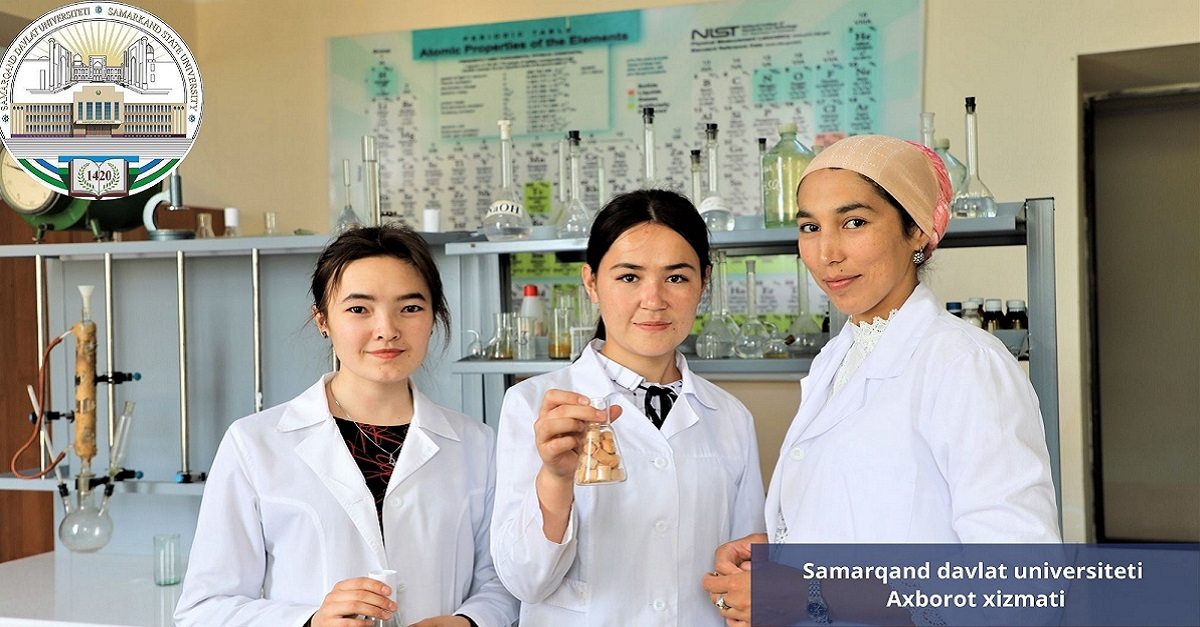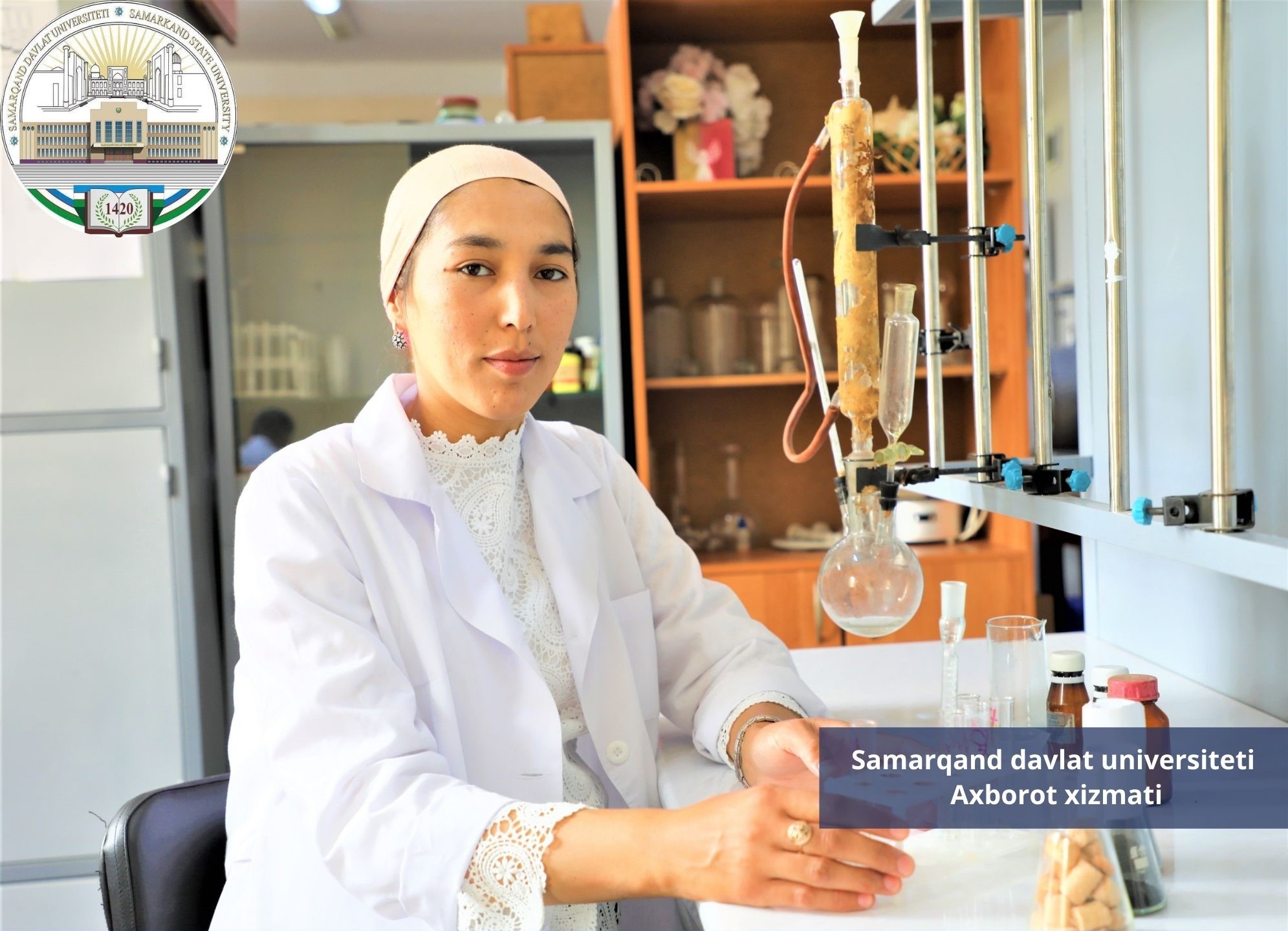Have you ever heard that coal is extracted from the kernels of walnuts and apricots?

Khilola Kholmirzayeva, a doctoral student at the Department of Chemistry at Samarkand State University, is conducting research on the topic "Technology for the production of nanocarbons from local raw materials." His research focuses on the production of nanocarbonates, including coal, from local raw materials: apricot kernels and walnut shells. To date, the researcher has published about 20 articles on the topic of scientific work in the USA, Russia, India, Poland and is in the center of public attention.
Published two articles on the technology of obtaining industrial substances from local raw materials in the Scopus database. Scientific supervisor - Head of the Department of Polymer Chemistry and Chemical Technology, Doctor of Chemical Sciences, Professor Normurad Fayzullaev.
“Currently, there is a growing need for equipment and technologies, including pharmaceuticals, oils, cosmetology, the oil and gas processing industry, as well as highly efficient environmentally friendly raw materials in various sectors of the economy,” notes researcher Khilola Kholmirzaeva. “Obtaining raw materials that meet such requirements, determining its chemical properties, poses an urgent task for scientists and researchers based on new scientific approaches.” Today, charcoal is used in industry for gas and wastewater treatment, as well as in the food, medical and other industries. Therefore, it is important to study the raw material base for obtaining activated carbon and improving its physical and technical characteristics. My research is based on obtaining carbon nanoparticles from local raw materials such as apricot kernels and walnut shells.
The production of coal from the shells of walnuts and apricot kernels in industry is a novelty for our science. It is quite natural that in connection with this, people have questions about what kind of “cinnamon” coal is, what are its advantages and differences from ordinary coal.
Apricot kernel activated charcoal has a microporous structure, while walnut shell charcoal has a macroporous structure. As the proportion of the crust in the coal increases, the activity of the pores also increases. Activated carbon has been shown to neutralize and filter water when used to purify water from oil products. Nanocarbon from coal and walnut shells can be used as a catalyst in industry. Catalyst production and production in Uzbekistan are at a low level. Therefore, today catalysts are imported to industrial enterprises and chemical plants in our country. It is also important to get catalysts. The researcher has established cooperation with the Shurtan gas chemical plant on this topic. According to him, the obtained nanocarbons are used as catalysts in the process of gas separation. In addition, "charcoal" can be used to clean and disinfect drinking water. Further research is expected to focus on these issues.

Iroda Bekmurodova,
Samarkand State University
Information Service Officer.
Photos by Shavkat Akramov.

